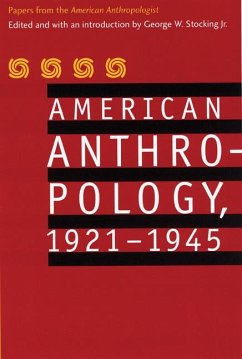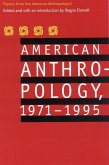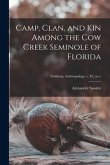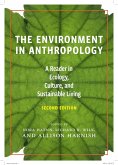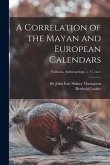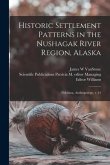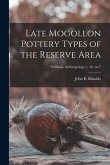From the 1920s through the end of World War II, American anthropology grew in complexity while its scope became increasingly global and contemporary. Much insightful and innovative work continued to be produced by scholars working with Native American and First Nation communities, but the significant contributions of those conducting research abroad soon became hard to ignore. The nature of culture and acculturation were scrutinized and theorized about repeatedly; the relationship between culture and personality became an important subject of inquiry; particular historical reconstructions were joined by more synchronic studies of cultures; and more anthropologists gave attention to current events and to unraveling the intricacies of modern culture. The discipline as a whole moved away from affiliations with museums and instead cast itself as a social science within the academy; at the same time, government sponsorship of anthropological research increased markedly through New Deal initiatives and wartime programs of the 1940s. The thirty-nine selections in this volume represent the increasingly diverse areas of research and range of lasting accomplishments in American anthropology during the interwar period. Introducing these essays is a historical overview of American anthropology during this era by George W. Stocking Jr.
Hinweis: Dieser Artikel kann nur an eine deutsche Lieferadresse ausgeliefert werden.
Hinweis: Dieser Artikel kann nur an eine deutsche Lieferadresse ausgeliefert werden.

